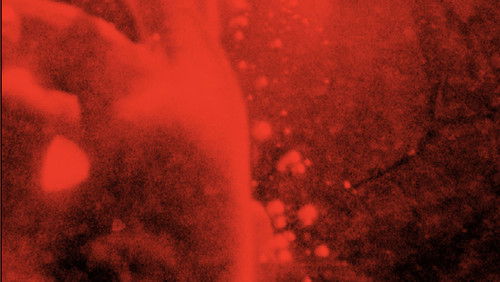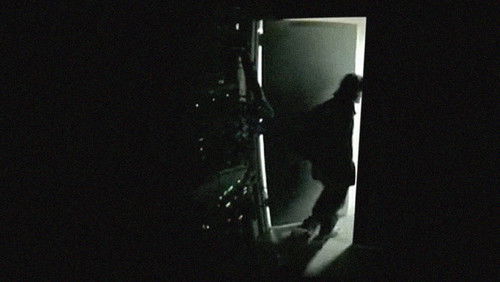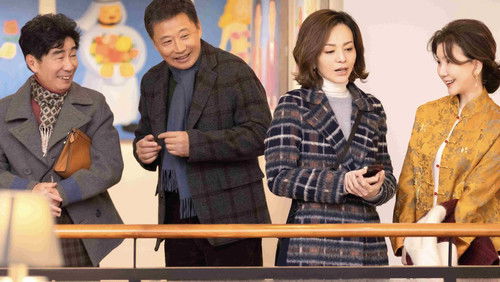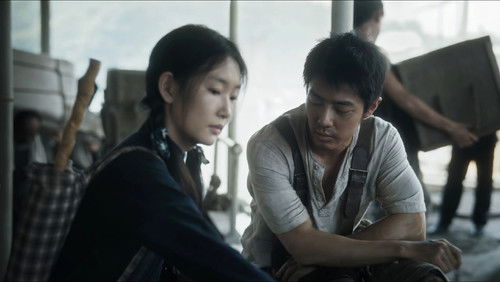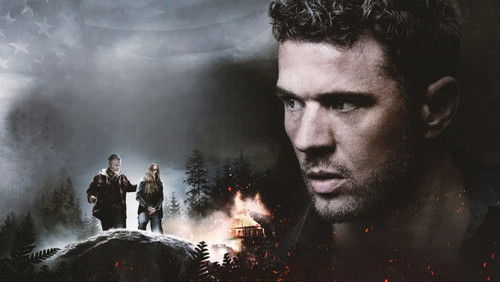Der Strom (1951)
50KDer Strom: Directed by Jean Renoir. With Nora Swinburne, Esmond Knight, Arthur Shields, Suprova Mukerjee. The growing pains of three young women contrast with the immutability of the holy Bengal River, around which their daily lives unfold.
“After a family tragedy, an adolescent girl blurts out angrily at the dinner table, u0026quot;We just go on as if nothing has happenedu0026quot;. u0026quot;Nou0026quot;, her mother responds, u0026quot;we just go onu0026quot;. The River, Jean Renoiru0026#39;s first color film, is about going on — the ebb and flow of life that mirrors the path of the sacred river Ganges that flows nearby. Filmed on location in India, The River is a sumptuously beautiful film that was called by Martin Scorsese u0026quot;u0026quot;one of the two most beautiful color films ever madeu0026quot; and one of his u0026quot;most formative movie experiences.u0026quot; The film has been brought to life magnificently in a new Criterion DVD that contains an introduction by Jean Renoir, an interview with Scorsese, and a biography of author Rumer Godden, who grew up in India and whose work formed the basis for Powell and Pressburgeru0026#39;s Black Narcissus (1947).u003cbr/u003eu003cbr/u003eSet in India at the time of independence, its themes are universal: the feeling of being an outsider, of running away from unpleasant situations, and the hopelessly romantic stirring of adolescent love. While the film reflects the point of view of a British colonial family, it is respectful of the surrounding culture and pays homage to Hindu and Buddhist traditions through stories, documentary footage, and dance sequences. Harriet (Patricia Walters) is the adult narrator who looks back on her days as an adolescent. About thirteen in the film, she lives with her four sisters and brother Bogey in a colonial house in India that looks out upon the Ganges. Renoiru0026#39;s camera captures the energy and rhythm of life on the river: its peddlers, ships, markets, people coming and going, the crowds, everything in constant motion juxtaposed with the timeless tranquility of the river.u003cbr/u003eu003cbr/u003eHarrietu0026#39;s father (Esmond Knight) who lost an eye during the war, runs a jute manufacturing plant while his pregnant wife (Nora Swinburne) takes care of the house, assisted by governess Nan (Suprova Mukerjee). When a young American named Captain John (Thomas E. Breen) comes to visit his cousin Mr. John (Arthur Shields) after losing his leg in the war, his dreams of being left alone are short lived. Harriet becomes infatuated with Captain John but has to contend with two other female admirers: her older friend Valerie (Adrienne Corri), a flaming redhead, and Mr. Johnu0026#39;s daughter Melanie (Radha Shri Ram), a young woman of mixed ethnicity who was born in India but reared in a British boarding school. The arrival of Captain John brings a clear signal that the girls must face the end of what has been an idyllic childhood.u003cbr/u003eu003cbr/u003eAll feel like outsiders: Melanie is caught between two cultures and questions whether she will ever fit into either, Harriet expresses her adolescent longings in idealistic poetry, Valerie is overwhelmed by her innocent desires, and Captain John is a deeply troubled man who only wants to live a normal life. Although the acting can be a bit wooden especially during peak dramatic moments, it does not detract from the filmu0026#39;s authenticity. The River is definitely of its time and its attitudes towards women are dated, yet it is a work that transcends time and place to capture universal emotions. It is a great film that can be relished over and over again with increasing appreciation.”

